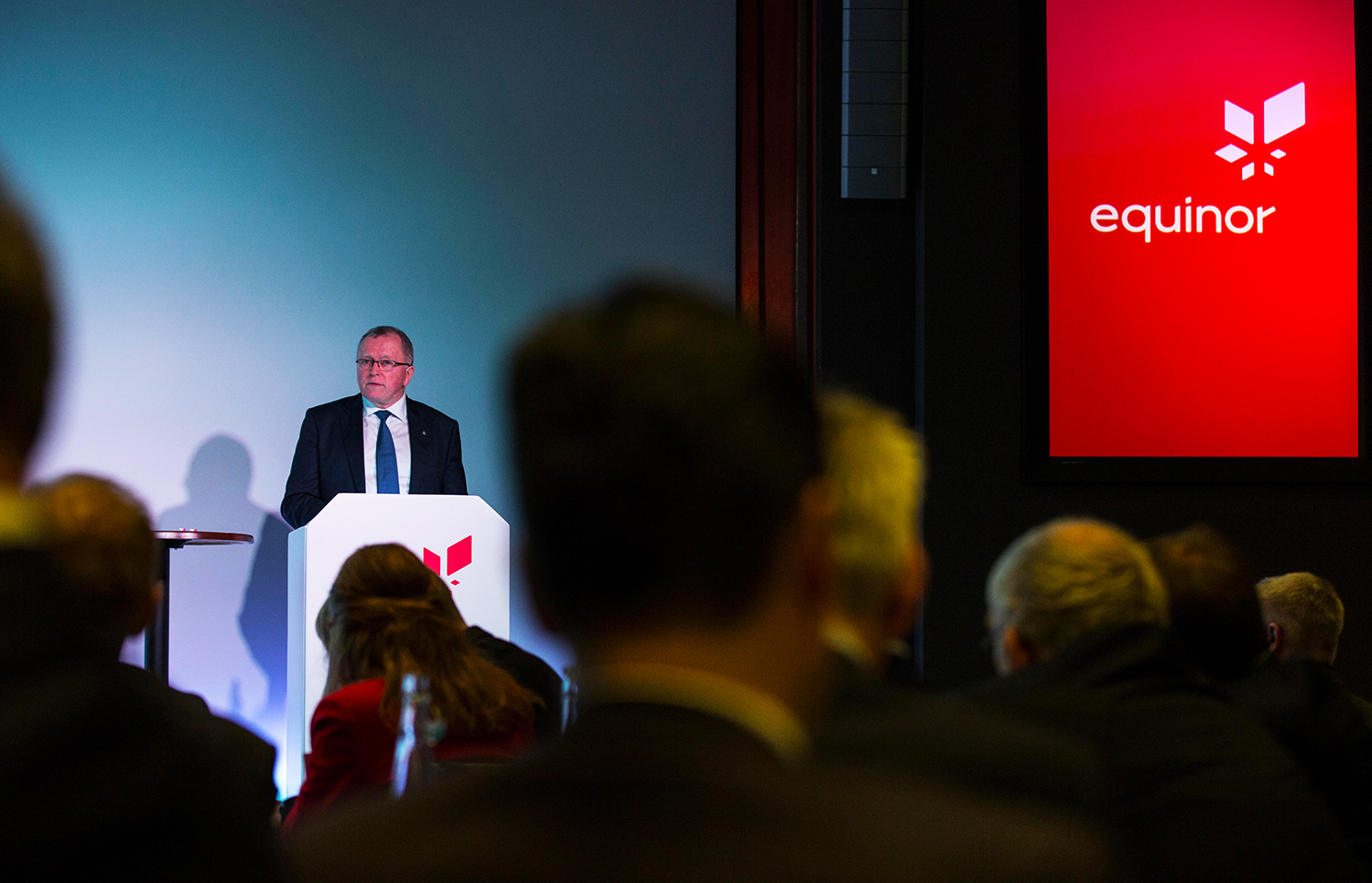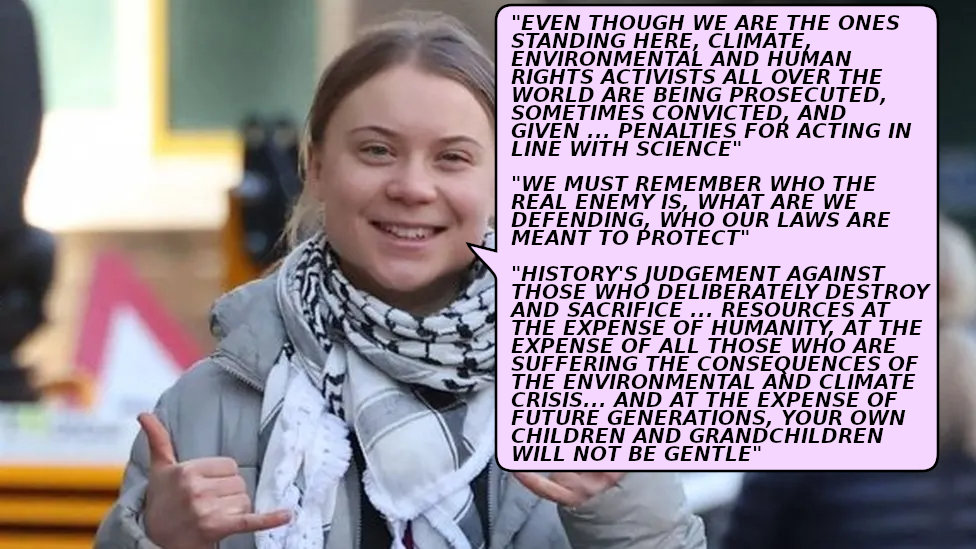BP and Shell ‘Shaped’ UK Carbon Tax Proposals, Private Emails Show
Original article by Adam Bychawski republished from DeSmog

Internal documents expose how oil and gas majors were given the chance to influence a report by the Policy Exchange think tank.
Fossil fuel giants BP and Shell were given “ample opportunity” to privately influence proposals for taxing oil and gas companies that were later backed by the government, new documents reveal.
Internal BP emails show that its UK executives were reassured by a controversial oil industry group that they could “shape [the] internal thinking” of a 2018 report on carbon taxes produced by the right-wing think tank Policy Exchange.
The emails were among hundreds of documents released by a powerful committee of U.S. politicians last week as part of its three year-long investigation into how the oil industry has worked to undermine efforts to tackle climate change.
Policy Exchange has been credited by Prime Minister Rishi Sunak for helping to draft laws that have cracked down on climate protests, and has in the past received money from the oil and gas major ExxonMobil.
The think tank was commissioned to produce a report on carbon pricing by the Climate Leadership Council (CLC), a controversial U.S. non-profit whose “founding members” include BP, Shell and TotalEnergies, car manufacturers Ford and General Motors as well as multinationals like Unilever and Microsoft.
The think tank’s recommendations largely mirrored the CLC’s proposal for a rising tax on carbon emissions, a controversial idea that has been accused of being a favoured policy of the fossil fuel industry. The report also proposed that several UK environmental regulations be phased out to reduce the “burden on business.”
The UK has taxed carbon emissions since 2005, first under an emissions trading scheme created by the European Union.
The scheme works by setting a maximum overall cap on the amount of carbon emissions that the energy and manufacturing industry can emit. Polluters are given allowances that allow them to emit only a set quota of carbon; if they exceed their allowances they can be fined. To avoid being fined, companies can buy additional allowances from other companies who have excess allowances because their emissions are lower than their quota.
Every year, the EU reduces the overall cap on emissions, meaning that the price of allowances – also known as a carbon price – rises, which the bloc says acts as an incentive to reduce emissions.
However, according to Bill McGuire, professor emeritus of geophysical and climate hazards at UCL, the policy is popular among oil and gas companies.
“Paying a carbon tax is preferable to stopping all exploration, keeping fossil fuels in the ground and changing business models to embrace renewables – which is what is required – and they have obviously come to the conclusion that, given their colossal profits, this is something they can easily handle,” he said.
After the UK left the EU in 2016, the UK government began devising its own replacement trading emissions scheme, which the Policy Exchange report sought to influence.
The report was cited last December in a policy paper for the government’s new, long-term emissions trading scheme, used to justify the claim that “Carbon pricing is an effective, market-based way of allowing businesses to make economically rational decarbonisation investment decisions.”
Policy Exchange acknowledged at the time that the report was financially supported by the CLC, which claimed to be a “strategic partner”. However, the think tank said it was “not intended to represent the views of the council or of its founding members on UK or EU matters.”
Internal BP emails reveal that the British oil company’s bosses were initially alarmed that the CLC had commissioned the report and sought a meeting with the council’s founder.
According to the emails, BP was able to use this meeting to lay out “various potential policy, political and commercial concerns” with the content of the report, given the firm’s “unique position in the UK and the timing.”
After the meeting, Paul Jefferiss, then BP’s head of group policy, reassured Andrew Mennear, BP’s director for UK government affairs, that “I don’t think there is immediate cause for concern.”
Jefferiss noted that, “There will be ample opportunity for UK-focused CLC members (BP, Shell, Unilever) to input perspectives and shape the internal thinking” of the report before it is published.
BP also appears to have been offered the chance to collaborate with the council on a communications strategy around its release.
Jolyon Maugham, director of the Good Law Project, said: “While the BBC launders Policy Exchange as ‘centre right’, and the charities so-called regulator sits on its hands, the revealed reality is that Policy Exchange is acting like a front for the oil and gas industry.”
Policy Exchange, the CLC, and BP have been approached for comment.
‘Another Form of Greenwashing’
Climate experts are divided over whether the policy of taxing carbon is effective, and past scandals have led to accusations that it is being used as a smokescreen by the fossil fuel industry.
McGuire believes that a carbon tax is “ultimately just another form of greenwashing and a sop to the [oil] sector’s critics”.
However, other experts, like Adam Bell, director of policy at consultancy firm Stonehaven and a former head of strategy at the Department for Business, Energy and Industrial Strategy, believe that carbon taxing can be effective.
“Carbon pricing can only be part of a policy approach to tackling climate change, it can’t be the solution by itself. Fossil fuel companies will survive while there is demand for what they produce. You’ve got to eliminate that demand if you want to eliminate them”.
To do that, you should “focus on getting renewables built and heat systems and transportation electrified,” he said.
The CLC has led calls for a federal carbon price in the U.S. and has attracted criticism in the past for attaching conditions to its proposals that would be favourable to the fossil fuel industry. It has previously proposed the repealing of federal emissions regulations, the Environmental Protection Agency (EPA) losing its authority to regulate carbon emissions, and legal immunity for companies from any prosecution over their role in climate change.
The CLC dropped the latter provision from its proposal in 2019 because it was “distracting focus away from the many economic and environmental upsides of the plan”, but critics have questioned whether it remains privately committed to the idea.
In 2021, the CLC “suspended” Exxon from its list of founding members after one of its lobbyists was caught on camera saying that the oil company had only pledged to support a carbon tax because it was unlikely to ever become law.
Policy Exchange’s report likewise proposed that some environmental regulations “be phased out thus reducing the regulatory burden on business” after the introduction of a carbon tax, though it claimed that “this will in no way reduce environmental protection”.
In an afterword to the report, CLC’s founder Ted Halstead, and Martin Feldstein and George P. Shultz, two economists who served under Ronald Reagan’s administration, wrote that the plan “will help free businesses from unnecessary regulation”.
Steve Tooze, a spokesperson for Extinction Rebellion said, “These emails are the smoking gun that blows fatal holes in Policy Exchange’s already-tattered and frankly laughable claims to be an independent research ‘think tank’”.
Policy Exchange
At the 2022 Conservative Party conference, Jacob Rees-Mogg, at the time serving as business, energy and industrial strategy secretary, said: “I believe that where Policy Exchange leads, governments have often followed.”
The think tank, which has charity status, chooses not to disclose its donors and was given the lowest possible rank by openDemocracy’s Who Funds You? project, which rates the funding transparency of think tanks.
OpenDemocracy previously uncovered that Exxon donated $30,000 to Policy Exchange’s American fundraising arm in 2017, the same year its UK carbon pricing report was being drafted.
The think tank would go on to author a report in 2019 that proposed tough new policing laws to crackdown on climate protestors. Rishi Sunak later credited Policy Exchange for helping the government draft what would become the Police, Crime, Sentencing and Courts Act, which explicitly targeted groups like Extinction Rebellion.
Sunak is an alumni of Policy Exchange, having worked there before his 2015 election to Parliament, as is Claire Coutinho, his energy security and net zero secretary. The think tank has significant access to ministers, having held more than a hundred meetings with the government since 2012.
DeSmog revealed in August 2023 that Policy Exchange engaged in a high-level influencing campaign over the UK’s North Sea oil and gas policies, and echoed the fossil fuel lobby by emphasising the importance of hydrogen power and carbon capture utilisation and storage (CCUS) to the green transition.
The evidence unearthed by U.S. politicians has further demonstrated how fossil fuel giants have been downplaying the climate crisis and lobbying against green laws, despite being provided with academic research showing the scale of the problem.
BP was warned by Princeton University researchers in 2016 that climate change accelerated in part by new global supplies of shale gas could lead to catastrophic events such as “mass extinctions and unprecedented famine.”
Yet, despite acknowledging internally the concern that “gas doesn’t support climate goals,” the firm embarked on a marketing campaign to “advance and protect the role of gas – and BP – in the energy transition.”
Original article by Adam Bychawski republished from DeSmog






